SUPPORTING FILIPINOS
The Peoples Development Institute (PDI) is an NGO propelled by a vision to pursue asset reform and rural development by building and strengthening local organizations that will serve as effective partners in addressing related social, economic and political concerns.
In earlier years, PDI established its presence in the provinces of Zambales and Nueva Ecija in order to assist in the mitigation of the disasters caused by the 1990 earthquake in Carranglan, Nueva Ecija, and the 1991 Mount Pinatubo eruption.

The PDI obtained lessons in land tenure improvement, livelihood and people empowerment as it utilized the government's agrarian reform program to address the needs of the disaster victims.
One of the aims of the organization is to institute partnership with people’s organizations, non-governmental organizations, government institutions and the private sector in asset reform and rural development through the establishment of viable and sustainable plans and projects towards the formation of self-reliant communities.
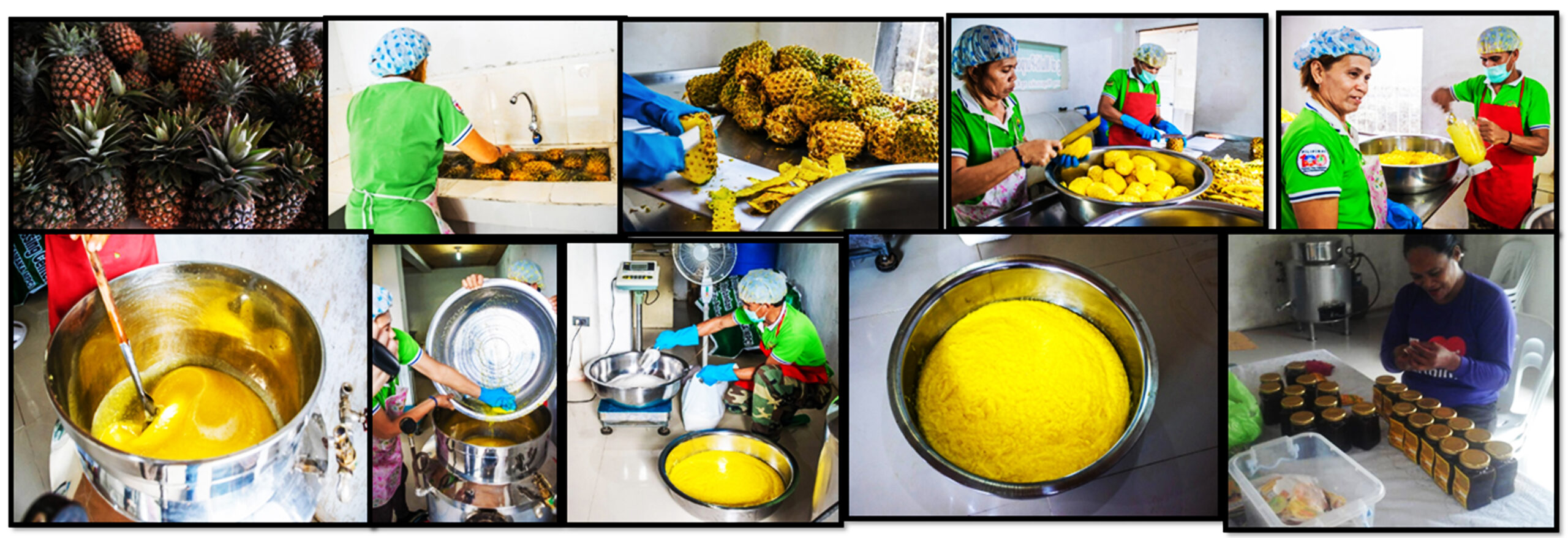
PDI upholds and adheres to the Genuine Asset Reform (GAR) Framework which argues that rural development and self-reliant communities can be achieved by the positive combination of changes in land tenure and social and economic support services minus the influence of vested interests that impede progress. In this regard, PDI’s main role is to encourage and support farmers, farmworkers, women and indigenous peoples who aspire to claim and protect their rights and who aim to pursue their autonomous goals in their respective communities.
impactful projects
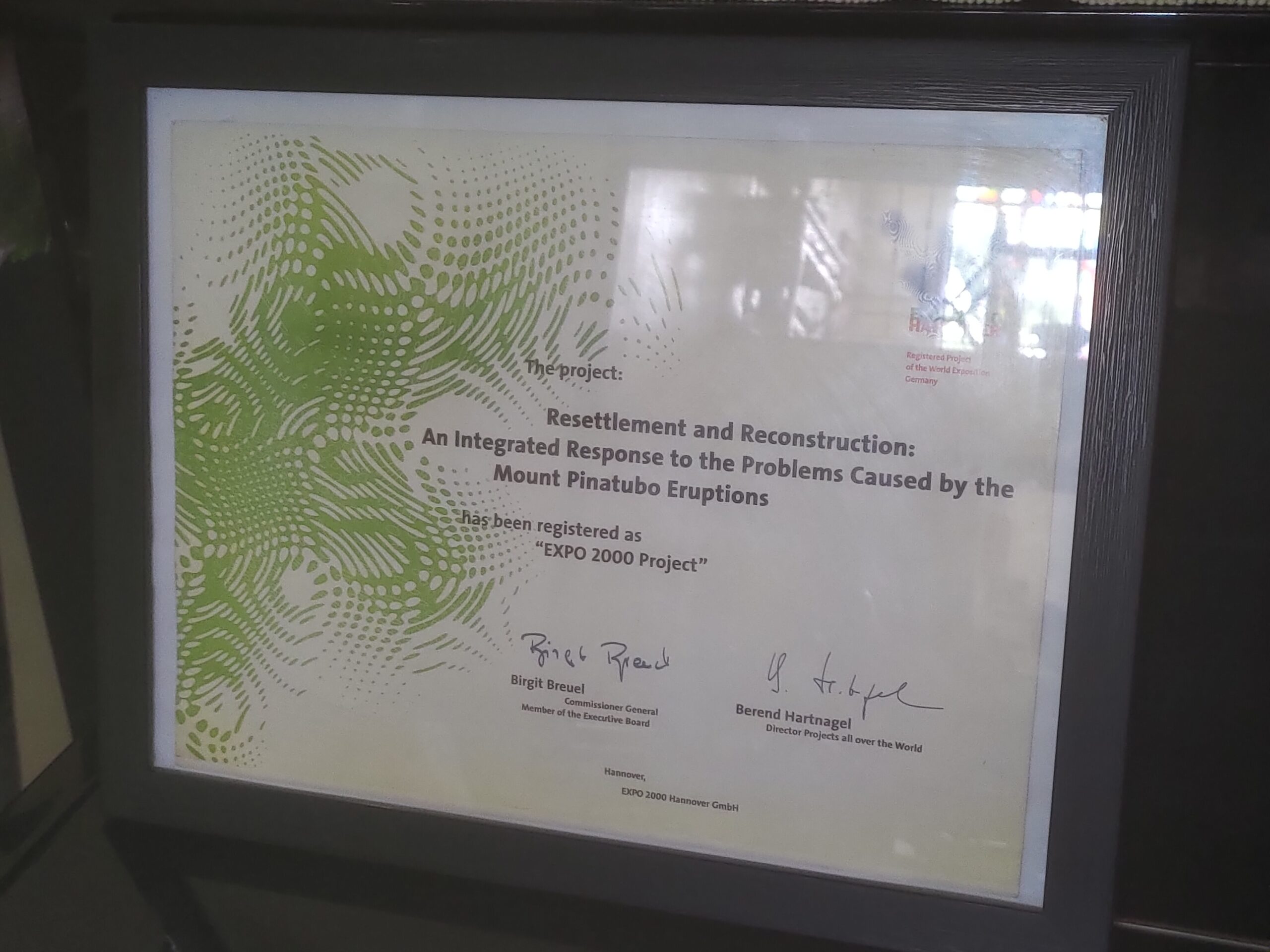
The 1991 Pinatubo project, entitled "Resettlement and Reconstruction: An Integrated Response to the Problems Caused by the Mount Pinatubo Eruption," was selected for exposition at the Expo 2000 in Hannover, Germany, under the theme "Basic Needs." Thirty out of more than 3,000 projects from around the world were chosen for exhibition by an international jury chaired by the Club of Rome, are real life examples of a world shaped by cooperation and partnership. They show up practical approaches to sustainable development and solutions for a new relation between humankind, nature and technology. Each of the projects on exhibit was a pioneering venture in its own right and serve as an example for other schemes.
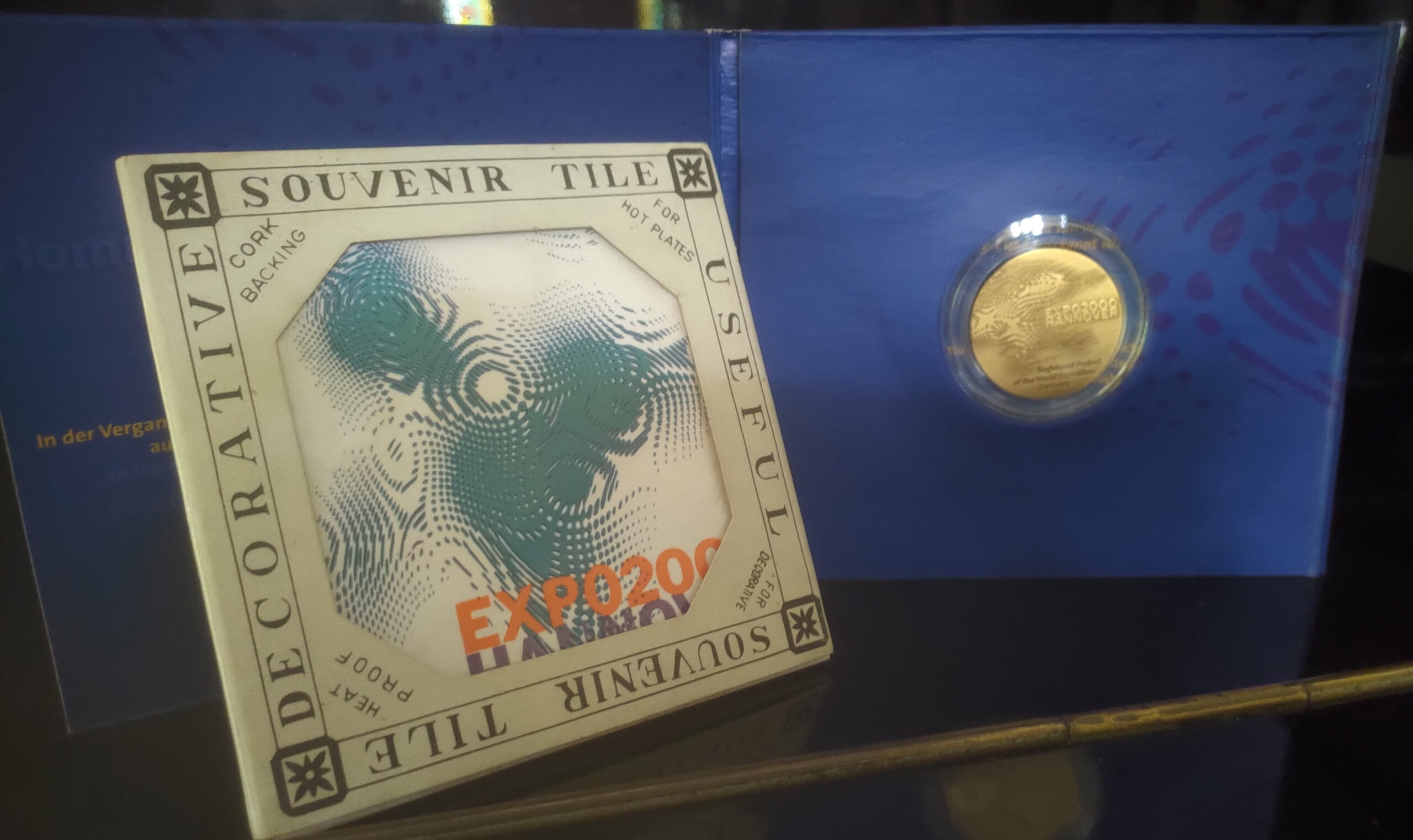
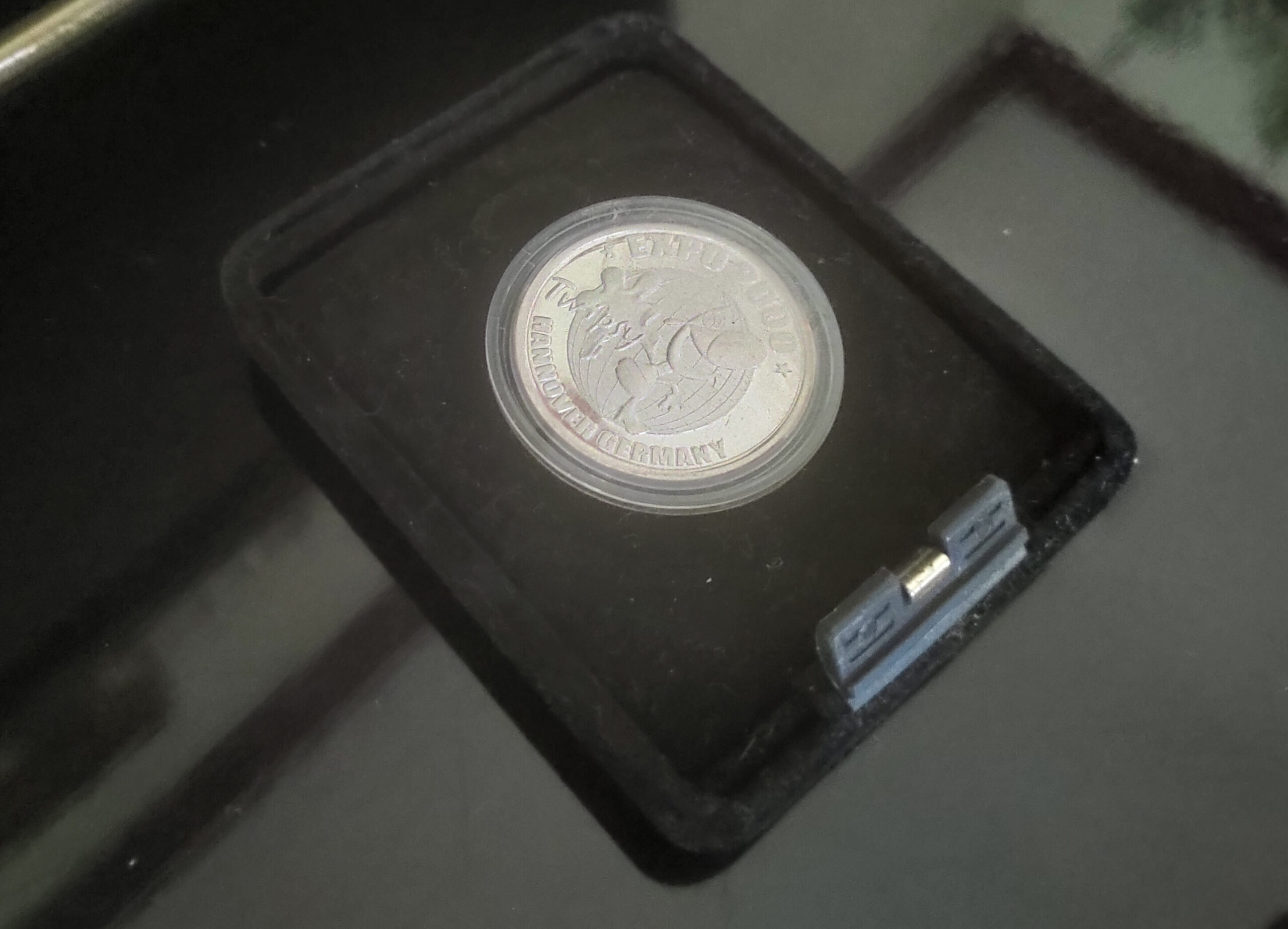
PDI's concept of the model agrarian reform community was adopted by the Department of Agrarian Reform (DAR) and called it the ARC Program, which won ODA support. Eventually, numerous DAR-ARCs were identified and formed all over the country.
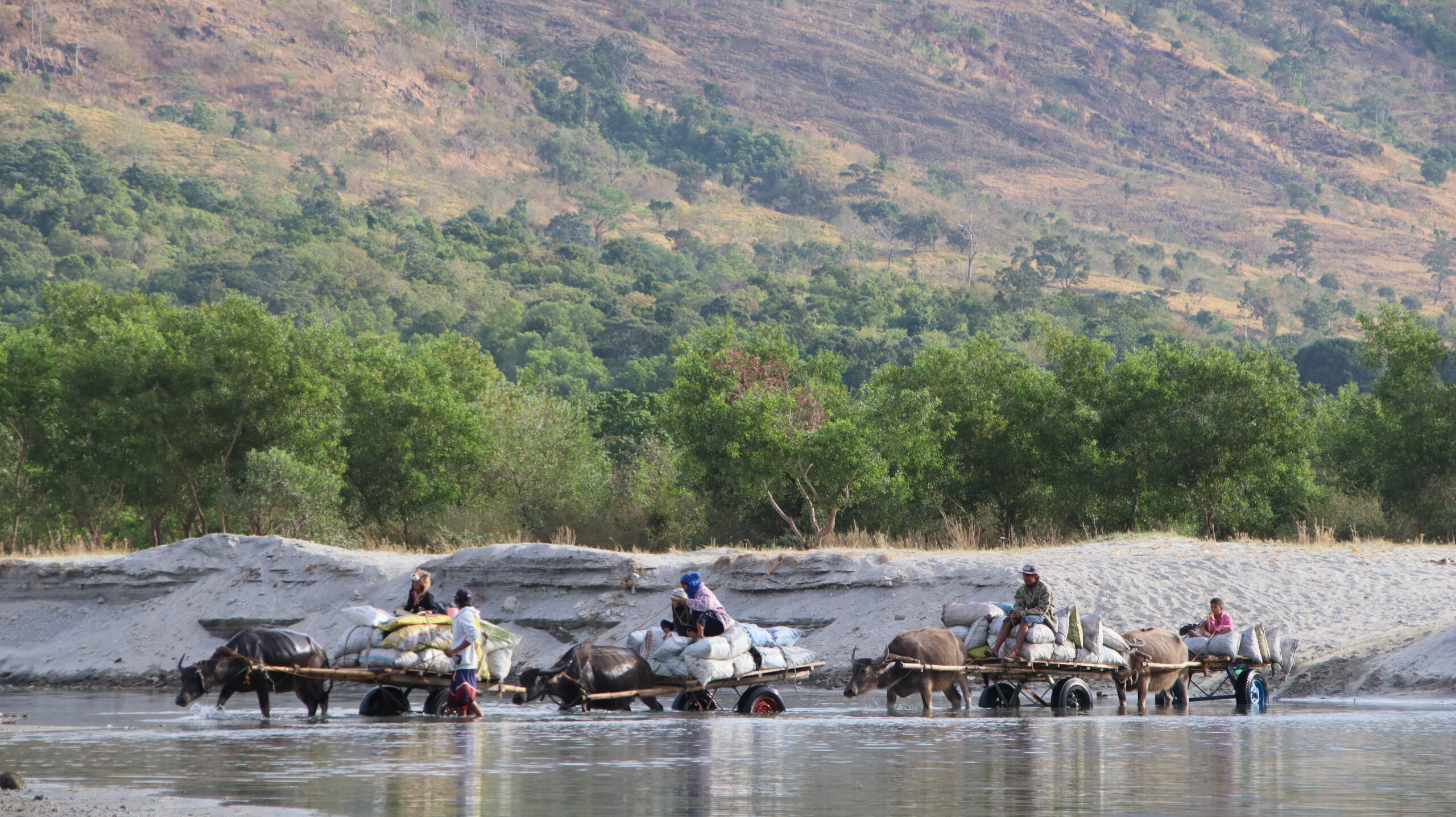
In 2001, PDI implemented the 3-year Rural Empowerment through Asset Development (READ Programme) with the support of the German Protestant Church Development Service (EED/EZE) with funds from the German Federal Ministry for Economic Cooperation and Development (BMZ).
The READ Programme was followed through with the Central Luzon Sustainable Rural Development Program (CL-SRDP).
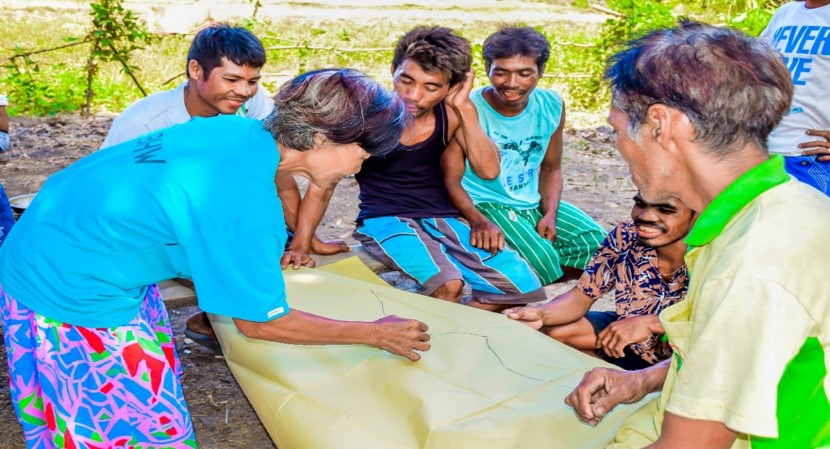
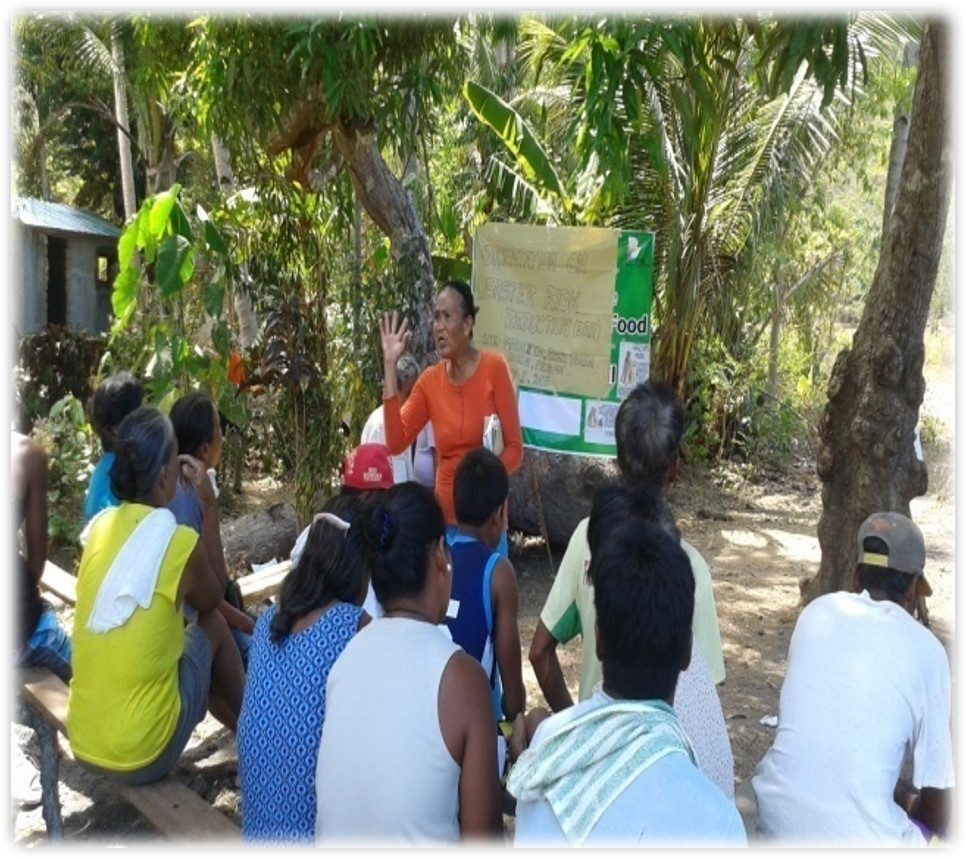
IN 2003, program evaluators from the German Federal Ministry of Economic Cooperation and Development (BMZ), which evaluated programs funded by the EED/EZE, and Miserior, stated that PDI's program, with its anti-poverty orientation, is directly in line with the German Government's Program of Action 2015. They concluded that PDI addresses "comprehensive human development and protecting the vulnerable" by focusing on agrarian reform beneficiaries and indigenous people.
The Ministry gave a high impact rating on the work of PDI and recommended continuous assistance to the Central Luzon provinces and Palawan and expansion to other areas to meet the objectives of the German government's program of Action 2015.
In February 2007, PDI was again evaluated by an external consultant, Mr. Ed Quitoriano, who concluded that the SRDP Program is a strategic consolidation program that takes off from the previous successes that aims to halve poverty. However, new imperatives have to be responded to. As a result, in November 2007, PDI implemented the EPPIC Program, an integrated, rights-based approach and community driven set of initiatives that enabled the peasants and indigenous peoples of Central Luzon and Northern Palawan to exercise greater control over land and resources, access vital social services and build social infrastructure that will benefit the communities.
In 2010, PDI, together with partner people's organizations looked into the problem of acquired agrarian lands that are highly acidic and vulnerable to climate change under the program "Enhancing Community Resilience to Crisis and Effects of Climate Change" (ECR-CECC).
On February 21, 2012, the Project Development Institute was renamed as Peoples Development Institute in response to the clamor of the people's organizations being assisted by PDI.
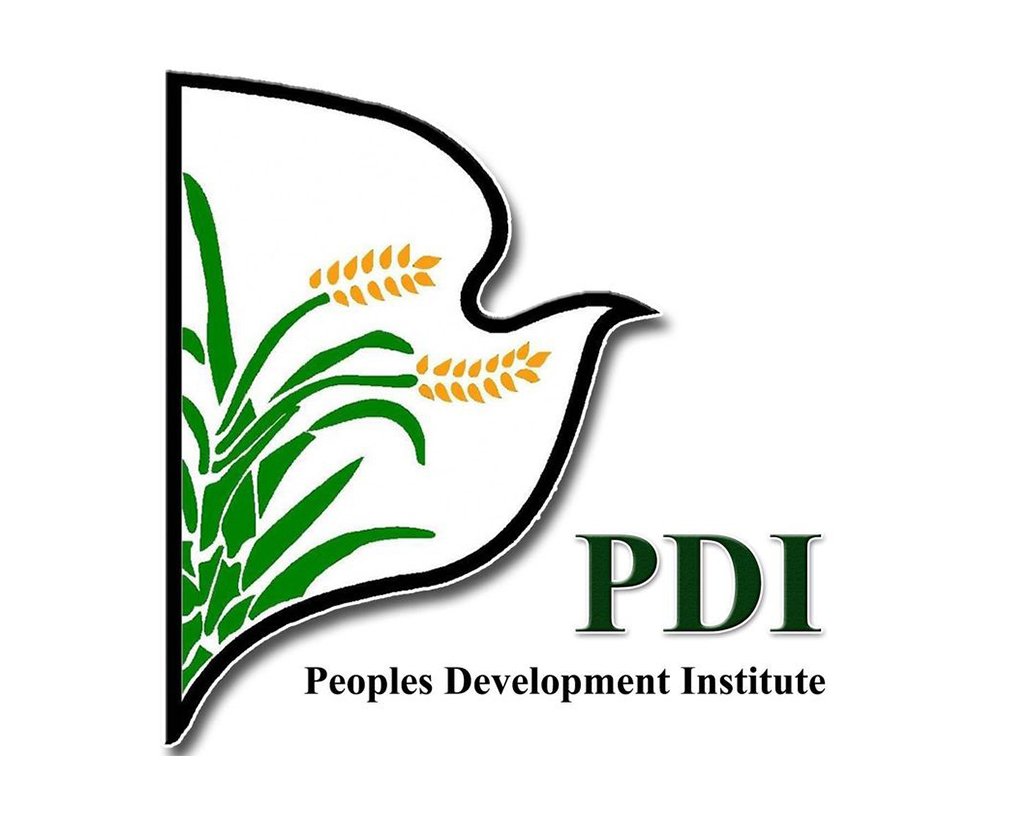
In the last quarter of 2012, Redor, Emerson and Co., a certified accounting firm, conducted a review and evaluation of the Financial and Management System of PDI. Evaluation results found PDI's financial system to be fair and adequate and follows the generally accepted principles of accounting. One of the strengths of PDI is its strong sense of accountability, transparency, and good governance in financial management.
The implementation of the Integrated Rural Development Program (IRDP) started in 2013 with financial assistance from the Bread for the World and local counterpart contribution from the Angping Development Foundation for Education (ADFE). The IRDP Program underwent an impact evaluation last May 2016 and was deemed to be successful.
PDI continues to provide programs to address the needs of farmers and indigenous people all over the country.
vision
Free, prosperous and self-reliant communities
mission
Building self-reliant communities through people’s initiatives
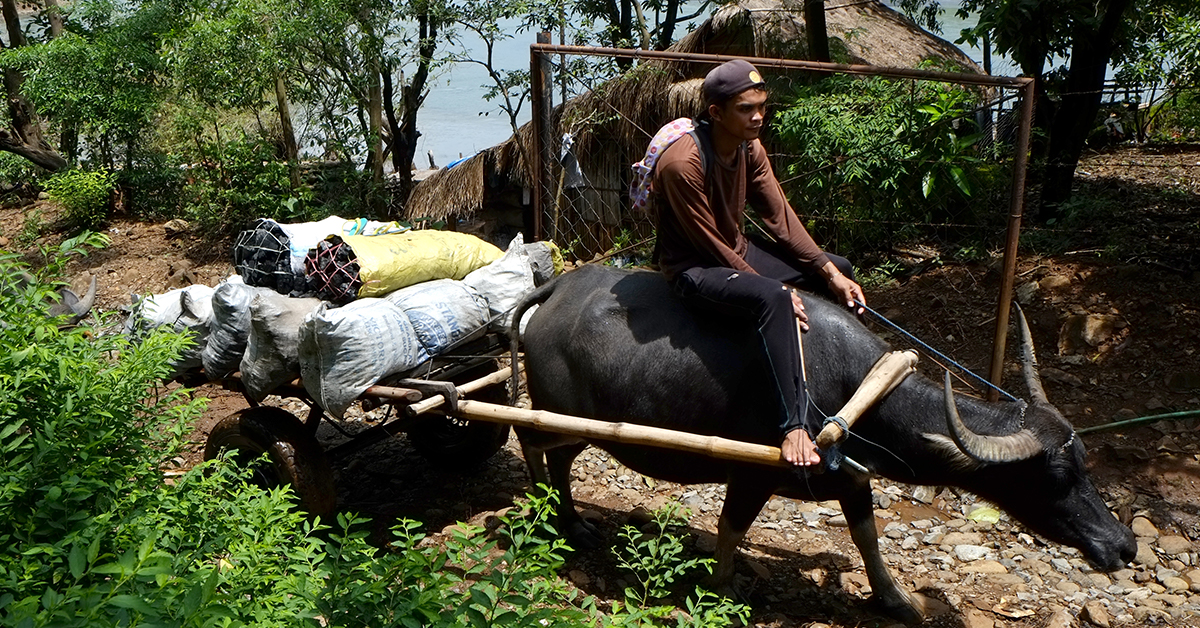
ORGANIZATION OBJECTIVES
- To strengthen and consolidate the people’s organizations towards asset reform and rural development initiatives.
- To provide training and education to POs, NGOs and other institutions to further strengthen their organizations, upgrade staff skills, and broaden their service coverage.
- To develop community-based Comprehensive Development Programs using participatory methods in pursuit of genuine asset reform and undertake program implementation in selected areas.
- To conscientize other sectors of society, specifically intellectuals and professionals to participate in the process of realizing genuine asset reform and rural development through policy advocacy and participatory research.
- To transform ground level experiences into policies for advocacy at the local, national and international level.
